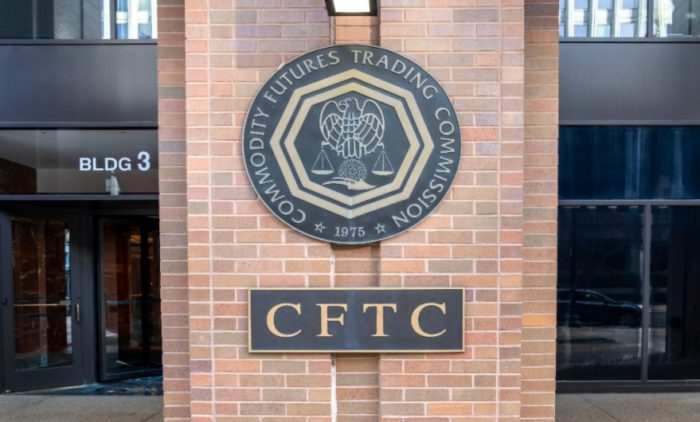The US Commodity Futures Trading Commission (CFTC) has imposed a $45 million fine on HSBC Bank USA for alleged “manipulative and deceptive trading related to swaps with bond issuers, spoofing, and supervision and mobile device recordkeeping failures”.
The US derivatives regulator has announced that it has reached a settlement with the bank for the alleged violations which took place in an eight-year period. The bank responded that it has already taken actions for “extensive remedial measures” and will continue with them.
According to the CFTC, traders working at the HSBC subsidiary, registered as a provisional swap dealer, allegedly conducted deceptive trading and engaged in spoofing practices related to swaps with bond issuers between March 2012 and 2015. The CFTC highlighted that the traders utilized confidential information from counterparties regarding the timing and pricing of issuer swaps, aiming to increase HSBC’s profitability at the expense of these counterparties.
Additionally, the regulator accused HSBC’s subsidiary of attempting to manipulate on-screen prices, which were partly based on issuer swaps, by engaging in spoofing activities with interdealer brokerages that controlled the screens. Spoofing involves placing orders with the intention of canceling them before execution, constituting fraudulent behavior.
According to the CFTC, HSBC traders deliberately traded at broker firms that controlled the relevant screens during pricing calls, influencing the prices of the swaps. The CFTC noted that supervisors and senior management at the swap dealer were aware of and encouraged this conduct.
Furthermore, the CFTC stated that from at least March to July 2020, HSBC failed to maintain recordings of mobile phone calls related to its swap business due to recording failures.
In a separate announcement, the derivatives market regulator disclosed that it had imposed penalties exceeding $30 million on two HSBC provisional swap dealers, HSBC Bank USA and HSBC Bank Plc, as well as HSBC Securities (USA) Inc., a futures commission merchant. These penalties were imposed due to record-keeping failures and the use of unapproved communication methods, such as personal text and WhatsApp, for discussing deals.
The CFTC said:
The order further finds the widespread use of unapproved communication methods violated HSBC’s own policies and procedures, which generally prohibited business-related communication taking place via unapproved methods.
The order also revealed that supervisory personnel responsible for compliance with the firm’s policies and procedures themselves used non-approved communication methods, further violating company policies.
